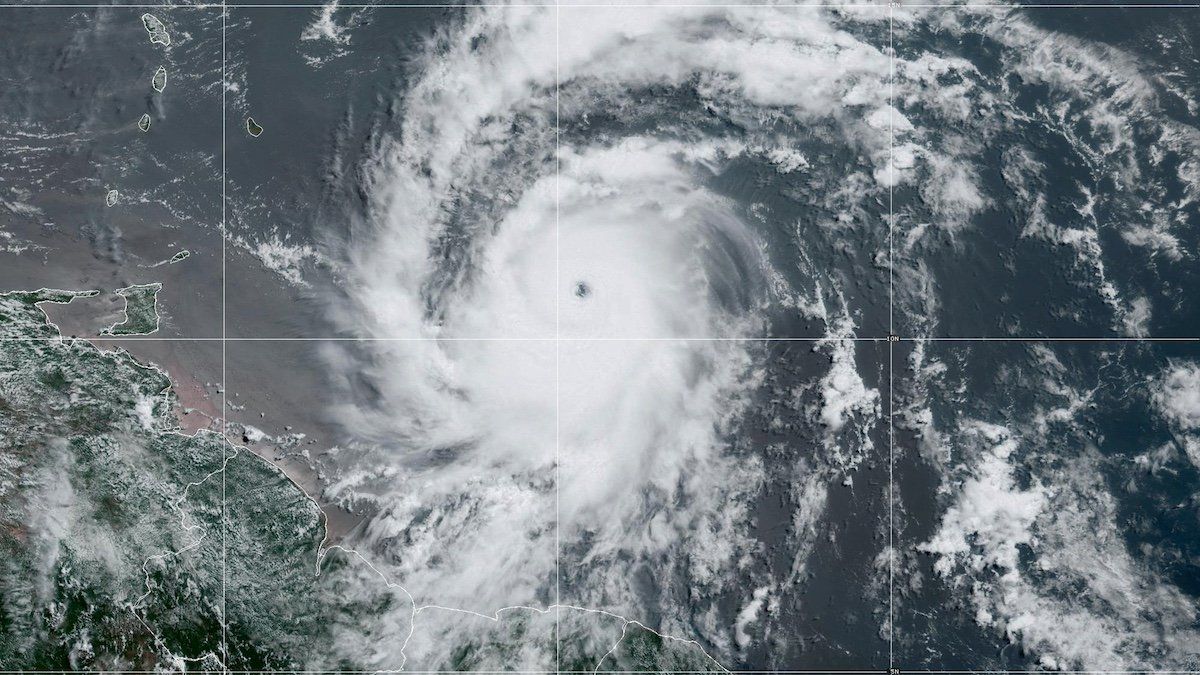1st: Hurricane season’s first big storm has a name: Beryl. Strengthening into a Category 4 storm on Sunday, Beryl is rolling into the Caribbean with 130-mph winds and is expected to reach the Windward Islands in the West Indies early Monday.
18: Suicide bombings have killed at least 18, and possibly as many as 30, people in northeastern Nigeria. No group has claimed responsibility yet, but police say that female bombers struck a wedding and a funeral in Gwoza, in Borno State on Saturday. The region is home to Boko Haram’s Islamist insurgency, which has displaced more than two million people, and Islamic State West Africa Province has carried out similar bombings in Borno state.
55: The West African nation of Mauritania also went to the polls on Saturday, and by Sunday, President Mohamed Ould Ghazouani had was leading with 56% of the vote, according to results from more than 90% of polling stations. His closest rival had garnered just 23% of the vote, so the pro-Western Ghazouani – whose election in 2019 was the country’s first peaceful transition of power since independence in 1960 – looks set for another five-year term.
13: Indian cricket fans are celebrating after the country’s
triumph Saturday in the Cricket World Cup, where it beat South Africa by seven runs to end a 13-year dry spell, in a dramatic display of bowling and fielding. This was India’s second T20 World Cup win – the last time it won was in 2007 – and its first international cricket win since clinching the 2011 ICC Cricket World Cup.
